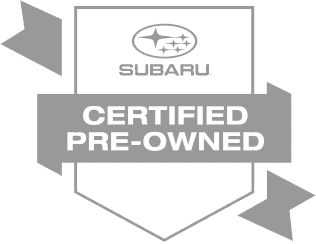

Subaru recently turned 60. Well, sort of. Fuji Heavy
Industries, Subaru's parent company, just turned 60. FHI got their start as a
consortium of Japanese companies after World War II. While their focus was
initially on aeronautics and they still build airplanes today for the Japanese
government, their focus grew to include other forms of transportation,
including cars. Subaru was born out of this move and is now their most
recognizable division. FHI also manufactures buses and engines, as well as wind
turbines and even sweeping robots.
Subaru started making cars in 1954 with the 1500, with a
tiny production of only 20 cars. The next, the Subaru 360, made it to the
United States but didn't catch on much. It wasn't until the boxer engine made
its debut in the 1965 1000 did the Subaru car start to really get some
attention. Subaru went on to build the infamous Leone in 1971 and the even more
famous BRAT in 1978.
The BRAT was back in the days of the wild west of car
manufacturing and had two seats in the rear truck bed to avoid an import tax so
the car could be sold affordably in the United States. While it's not a pretty
car in the least, it had a unique design and was a major contributor to the idea that Subaru makes quirky cars.
So where does Subaru get its quirkiness from anyway? It's not just whimsy. Actually, the 360 is the precursor of the Subaru
look. The air-cooled engine in the back gave the 360 a completely
distinct look. It's not hard to see the similarities between it and today's
Subaru BRZ.
The name for the company, as well as the logo, comes from
the seven sisters constellation called the Pleiades in English, or Subaru in
Japanese. We expect Subaru, just like the stars, to keep on shining for a
long time to come.
Categories:
News





